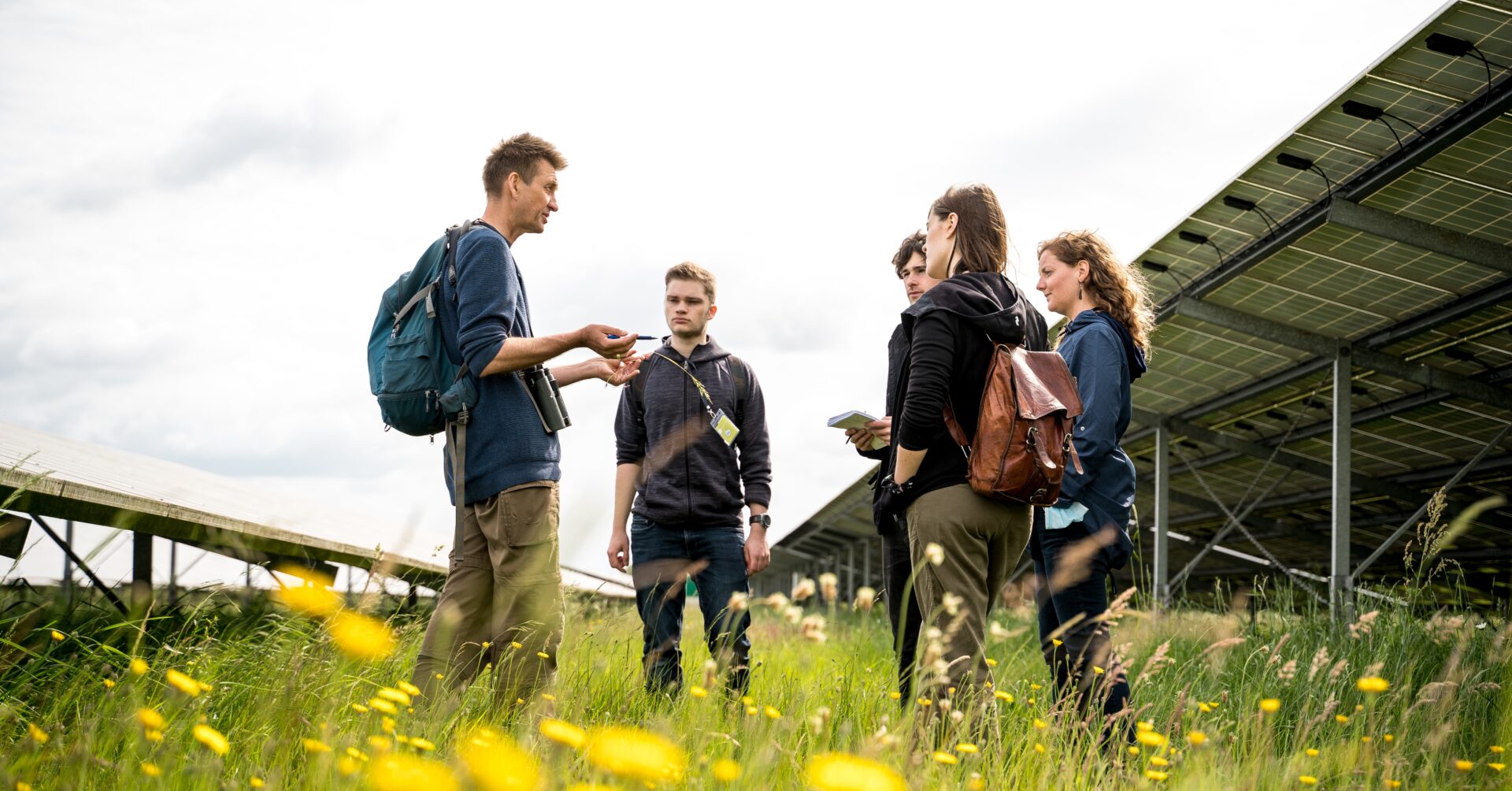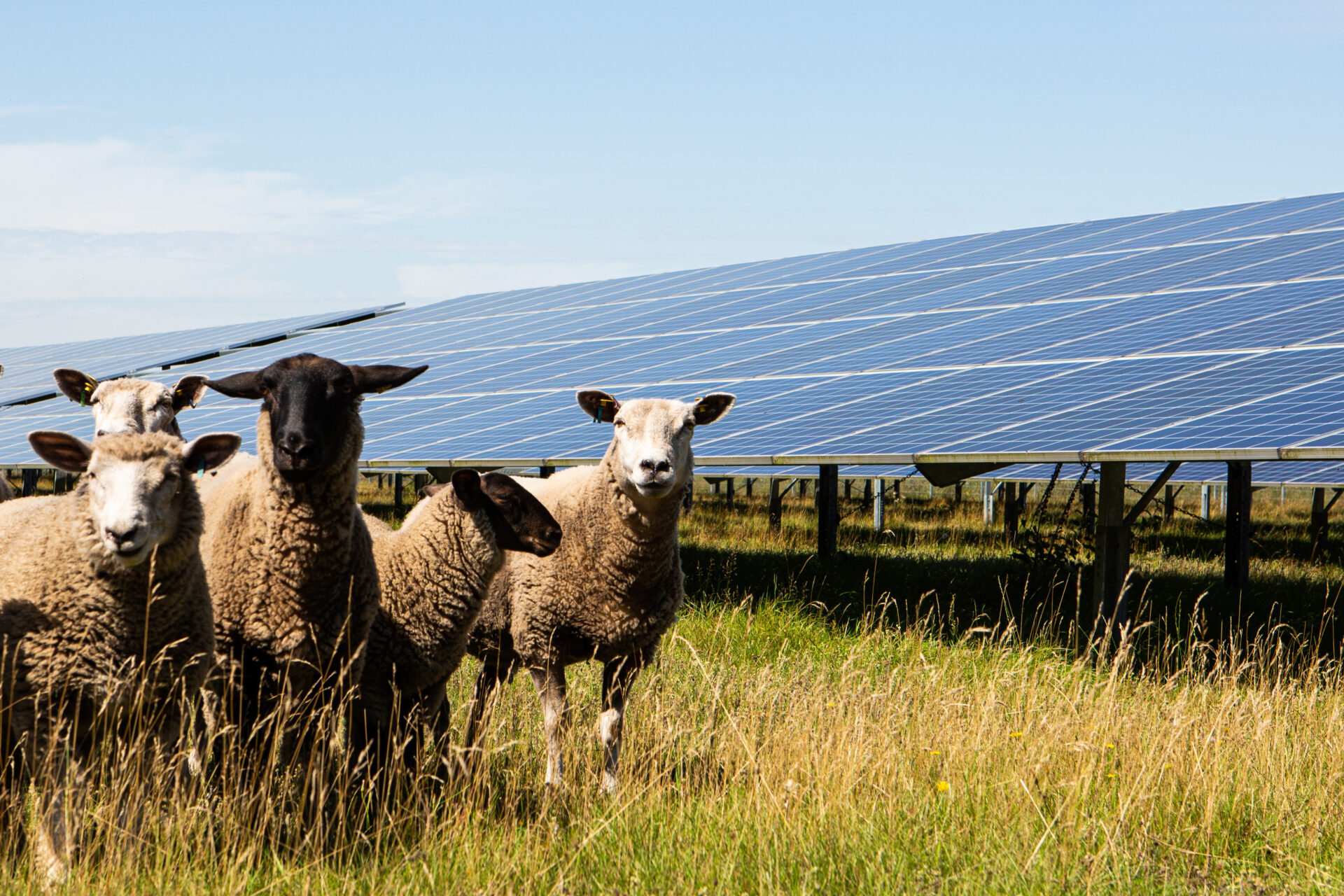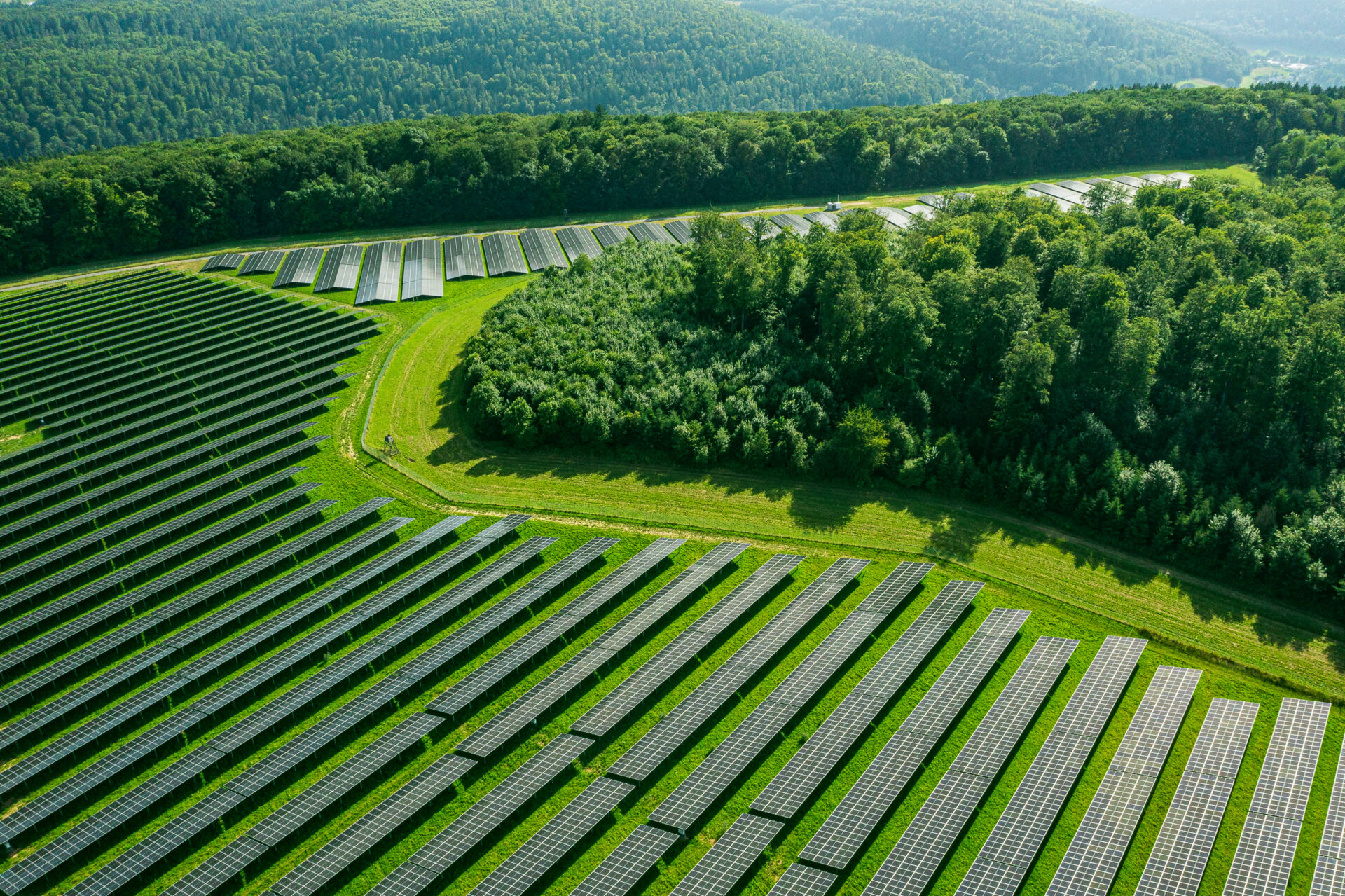The Environmental Energy Law Foundation recently published a Expert opinion with regard to the financial participation of municipalities in solar parks and wind power plants at federal state level. The report comes to the conclusion that financial participation is important for the acceptancez, but the current "Patchwork" of state laws jeopardises economic efficiency, the Speed and the Fairness in the expansion of wind and solar energy in Germany.
What the federal and state governments have regulated so far
With § 6 EEG only one Voluntary framework for payments to local authorities (e.g. for wind farms and ground-mounted PV installations) in order to avoid constitutional risks. Binding obligations towards municipalities and citizens are created primarily at state level, based on a Opening clause in the EEG and a Judgement of the Federal Constitutional Courtwhich generally permits such models.
Heterogeneous state laws make an overview difficult
Several countries (including Mecklenburg-Western Pomerania, Brandenburg, NRW, Saxony, Saxony-Anhalt, Saarland) have now Own participation laws with different models and levels introduced. Depending on the federal state, the instruments range from fixed payments to municipalities about subsidised citizen participation up to Obligations to participate also for ground-mounted PV systems - without standardised upper limits or clear definitions of the beneficiary groups.
One Overview of the individual state participation laws you will find here on SonneSammeln.
The critical points from the perspective of the experts:
- Economic efficiency: High or cumulative participation obligations can make projects so expensive - especially in the tendering system - that they are no longer competitive, while construction can continue in other countries with lower requirements.
- Legal and planning uncertainty: Different regulations and unclear terms increase the legal burden for project developers and local authorities and discourage smaller players in particular.
- Unclear effectThe report emphasises that more money does not automatically mean more acceptance and that financial participation without dialogue, fair planning and local participation can easily be perceived as "hush money".
What the authors recommend
Instead of ever new and stricter national rules, the study argues in favour of Clearer guard rails in the EEG. So that participation not a hidden special levy they recommend permissible forms of participation, upper limits on the load per kWh and clearly defined favoured groups. In their view, the aim should be Legally compliant, streamlined and better coordinated nationwide participation The aim is to be a system that strengthens acceptance without slowing down the expansion of wind and solar energy.






